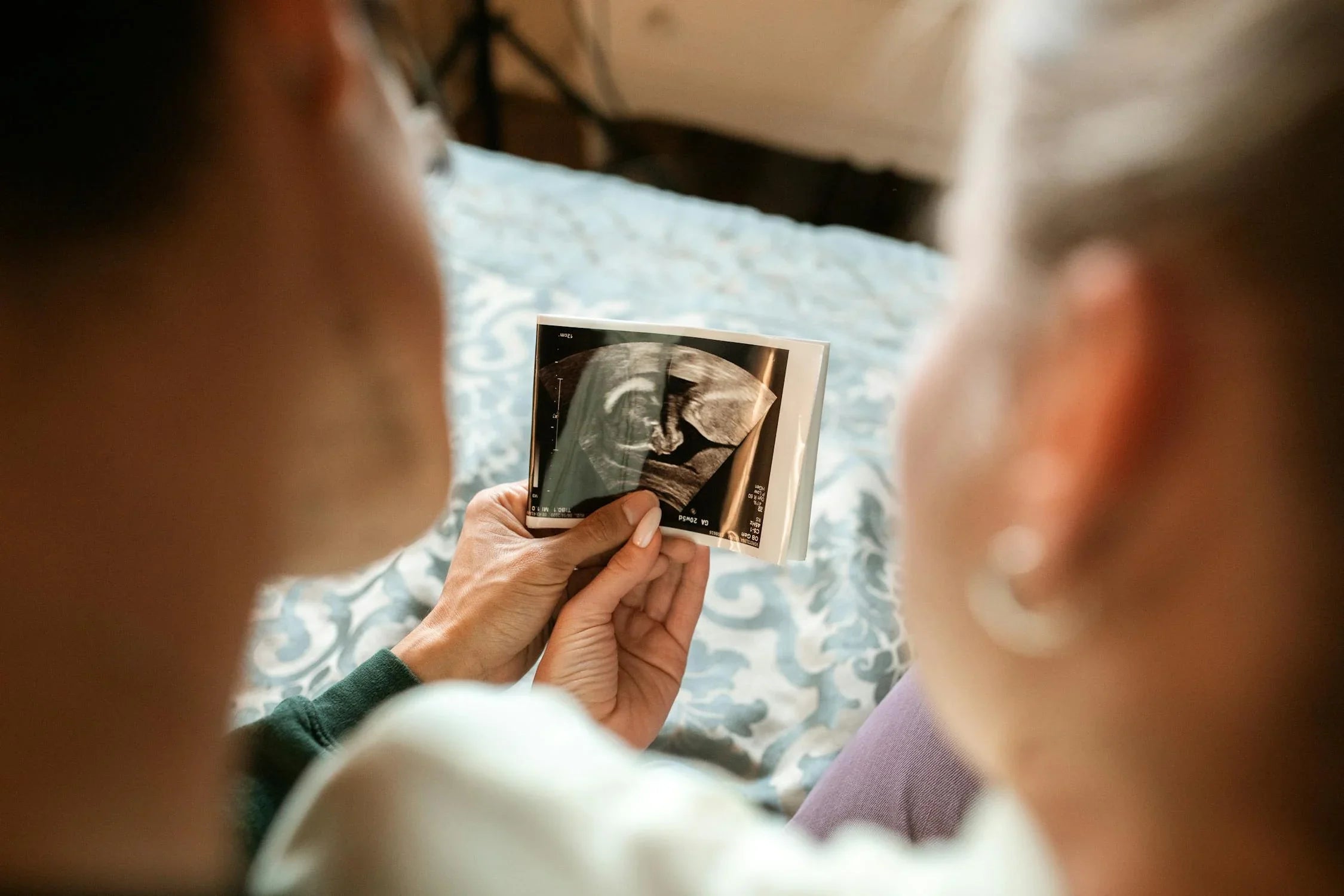Accueil
Pregnancy, Breastfeeding, and Pumping: The Ultimate Guide for Moms
Do Early Detection Pregnancy Tests Really Work?

Do Early Detection Pregnancy Tests Really Work?
When you're eagerly waiting to find out if you're pregnant, every minute can feel like an eternity. Early detection pregnancy tests promise to give you answers sooner than ever before, but do they really work? Let's dive into the science, accuracy, and practical considerations of these tests to help you make an informed decision.
How Early Detection Pregnancy Tests Work
Early detection pregnancy tests are designed to detect the presence of human chorionic gonadotropin (hCG), a hormone produced during pregnancy. These tests claim to identify hCG levels as low as 10-25 mIU/mL, which can appear in urine as early as 6-8 days after ovulation. This is significantly earlier than standard pregnancy tests, which typically detect hCG levels of 50 mIU/mL or higher.
The key to their early detection lies in their sensitivity. By using advanced antibodies and chemical reactions, these tests can pick up on even trace amounts of hCG. However, the timing of testing is crucial. Testing too early can result in a false negative, even with a highly sensitive test.
Accuracy of Early Detection Pregnancy Tests
Early detection pregnancy tests are often marketed as being up to 99% accurate. While this is true under ideal conditions, real-world factors can affect their reliability. For example, the concentration of hCG in urine can vary depending on hydration levels, the time of day, and individual differences in hormone production.
False positives are rare but can occur due to certain medical conditions or medications that increase hCG levels. False negatives, on the other hand, are more common, especially if the test is taken too early or if the urine is too diluted. To maximize accuracy, it's recommended to test first thing in the morning when hCG levels are most concentrated.
Advantages of Early Detection Pregnancy Tests
One of the biggest advantages of early detection pregnancy tests is the ability to confirm pregnancy sooner. For those trying to conceive, this can provide peace of mind or help with early prenatal care planning. Additionally, these tests are non-invasive, affordable, and widely available, making them a convenient option for many women.
Early detection can also be beneficial for those undergoing fertility treatments or monitoring for potential pregnancy complications. By identifying pregnancy early, healthcare providers can take proactive steps to ensure the best possible outcomes.
Limitations and Considerations
While early detection pregnancy tests offer many benefits, they are not without limitations. As mentioned earlier, testing too early can lead to false negatives, which can be emotionally taxing. Additionally, these tests cannot confirm the viability of a pregnancy. A positive result does not guarantee that the pregnancy will progress normally, and further medical evaluation is often necessary.
It's also important to consider the psychological impact of early testing. For some, the uncertainty of early results can cause anxiety or stress. If you're prone to worrying, it may be better to wait until after your missed period to test, when results are more likely to be accurate.
Tips for Using Early Detection Pregnancy Tests
To get the most reliable results from an early detection pregnancy test, follow these tips:
- Read the instructions carefully and follow them precisely.
- Test first thing in the morning when hCG levels are highest.
- Avoid drinking excessive fluids before testing, as this can dilute hCG levels.
- Wait at least a few days after a missed period to reduce the risk of false negatives.
- If you receive a negative result but still suspect you're pregnant, wait a few days and test again.
When to See a Doctor
If you receive a positive result from an early detection pregnancy test, it's important to schedule an appointment with your healthcare provider. They can confirm the pregnancy through a blood test or ultrasound and provide guidance on next steps. If you experience symptoms like severe pain, bleeding, or dizziness, seek medical attention immediately, as these could indicate a potential complication.
On the other hand, if you receive a negative result but your period is significantly delayed or you have other pregnancy symptoms, consult your doctor to rule out other possible causes.
The Bottom Line
Early detection pregnancy tests can be a valuable tool for those eager to confirm pregnancy as soon as possible. While they are highly sensitive and can provide accurate results, their reliability depends on proper usage and timing. Understanding their limitations and managing expectations can help you navigate the emotional rollercoaster of early testing.
Ultimately, whether or not to use an early detection pregnancy test is a personal decision. If you choose to test early, remember that patience and follow-up with a healthcare provider are key to ensuring accurate and meaningful results. The journey to parenthood is filled with uncertainties, but with the right information and support, you can make informed choices every step of the way.
Partager
